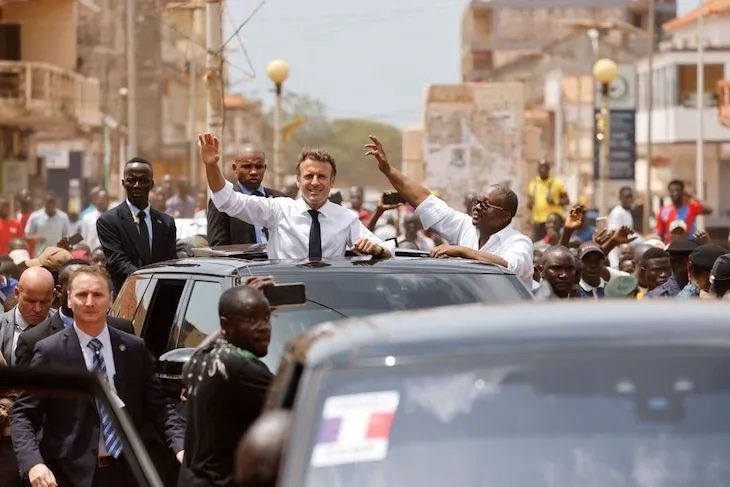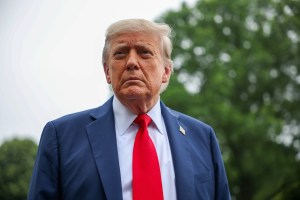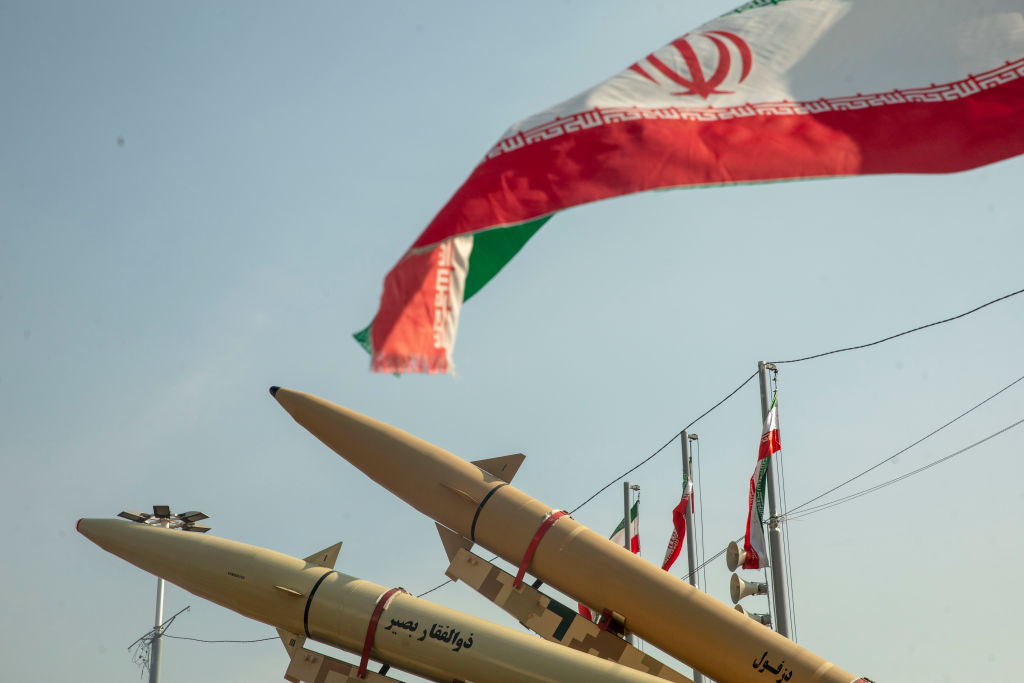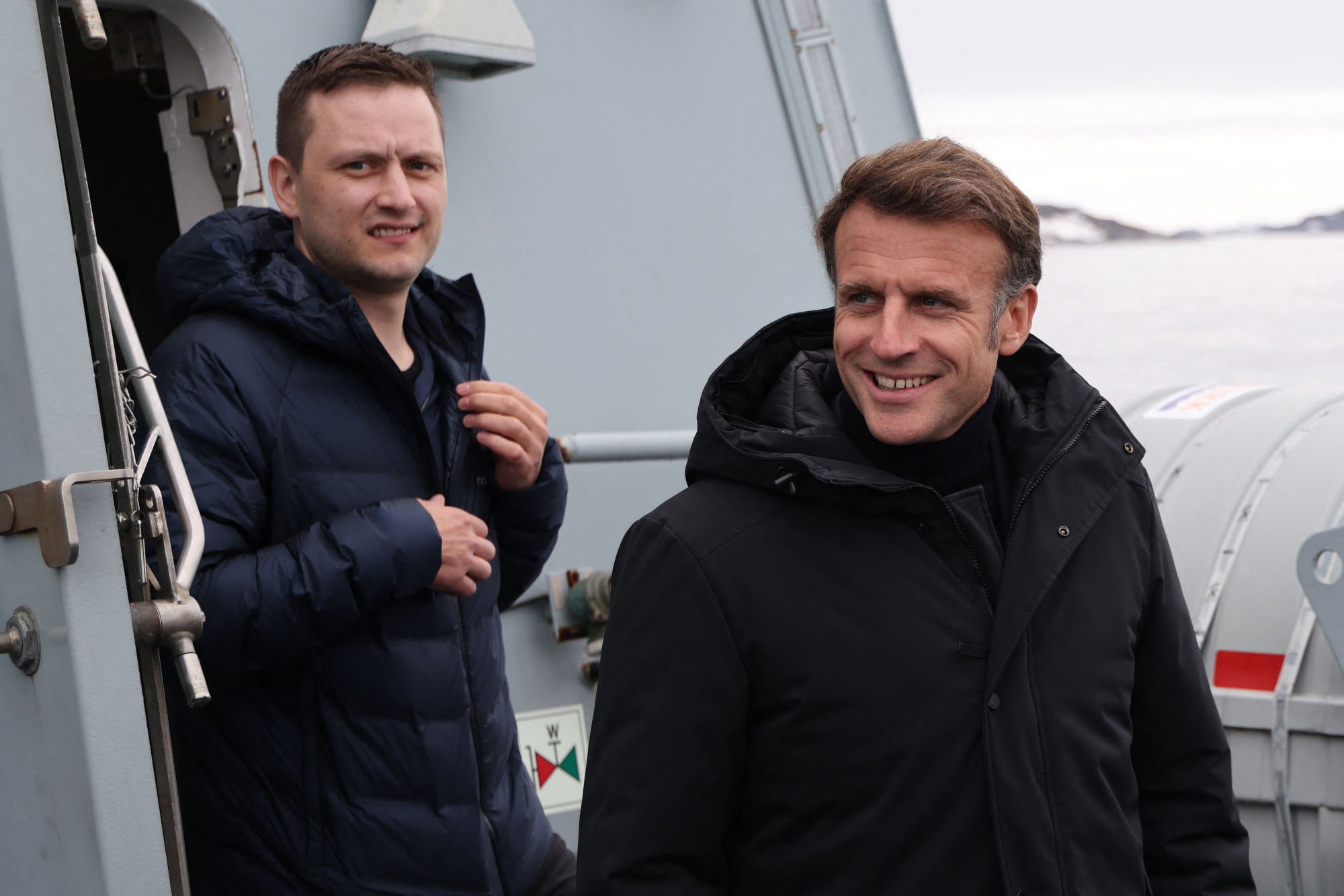Emmanuel Macron was the recipient of a letter on Monday from nearly 100 senators from across France’s political spectrum. The signatories lamented the “failures and setbacks” of the Republic’s policy in Africa in recent years and called on the president to rethink French strategy on the continent. Listing some of these failures — the rejection of France by Mali, the Central African Republic, Burkina Faso and, most recently, Niger — the cross-party group warned that there could be more trouble in store in the Ivory Coast and Senegal, where anti-French sentiment is growing.
Then there is North Africa, where relations with Morocco and Tunisia aren’t what they were and, in the case of Algeria, they are positively hostile.
Some of this of deterioration can be attributed to Russian interference — on a recent visit to Moscow, Algerian president Abdelmadjid Tebboune called Vladimir Putin a “friend of humanity.” But France also bears some of the responsibility for its waning influence.
The ninety-four senators emphasized that they weren’t pining for the days of “Françafrique” but they did seek enlightenment on what, if any, strategy Macron had in Africa. Militarily, culturally and linguistically, France seems to be withdrawing from the continent and consequently, stated the letter, “yesterday’s Françafrique has been replaced by military Russafrique, economic Chinafrique or diplomatic Américafrique.”
Sébastien Lecornu, France’s minister for the armed forces, responded to the letter on behalf of the military, rejecting the notion that Operation Barkhane — which the senators criticized — had been a defeat. The anti-jihadist operation, launched in the Sahel region of Africa by President Francois Hollande in August 2014 — and which also involved a small British military presence — officially ended last November, having cost the lives of fifty-eight soldiers. “Barkhane was not a failure, it’s wrong to say that,” Lecornu told Le Figaro. “Was there a military failure? The answer is no, the French army was not defeated. Was there a political failure? It is to France’s credit that it fought terrorism. I never forget that we lost fifty-eight soldiers.”
That didn’t answer the question of whether Operation Barkhane was a political failure.
Even Macron’s staunchest supporters — of which there are increasingly few in France — would be hard-pressed to say he has been successful in Africa. And yet he has channeled much of his energy into re-establishing French influence on the continent. He made his first visit to Africa in May 2017, barely two weeks after his election as president, and there have been seventeen more sorties south to press the flesh with various heads of state.
In March this year Macron — on the eve of another trip to Africa — spoke from the Elysée Palace of a new “vision of a partnership with African countries.” This entailed reducing France’s military presence, but the president stressed the move should not be seen as “a withdrawal or disengagement.” It was simply a change in approach, “to cooperate differently.”
This approach has been instigated by Macron, and Macron alone, which may explain its abject failure. Last year he replaced his veteran foreign minister Jean-Yves Le Drian with Catherine Colonna, the former ambassador to the UK, thereby losing a vastly experienced diplomat who was well versed in African politics.
On top of that decision, Macron also announced a controversial reform of the diplomatic corps (the third largest in the world behind the US and China) phasing out plenipotentiary ambassadors and foreign affairs advisers and replacing them with a new state corps. The changes, which will take effect later this year, will mean that senior civil servants no longer spend their career in a specific post but will be transferred at regular intervals.
The reform prompted a rare strike by diplomats, who believe it will undermine knowledge and expertise in countries that has been cultivated over many years. Le Drian was said to have expressed his “reservations” about the shake-up.
In assessing the reform, America’s Foreign Policy Research Institute, concluded that Macron has taken “little consideration of the opinions of those involved and even less of his opponents… creating a sense of disenchantment and confusion.”
In his speech from the Elysée earlier this year, Macron declared it his ambition to usher in a new dawn of cooperation between France and Africa, one built on “respectful, balanced and responsible relations, to fight together for common causes, defend our interests and help African countries to succeed.”
But it seems increasingly that Africa doesn’t want France’s help any longer. As the ninety-four senators pointed out in their letter, the age of Françafrique is over and it is China, Russia and America now scrambling for Africa.
This article was originally published on The Spectator’s UK website.

























